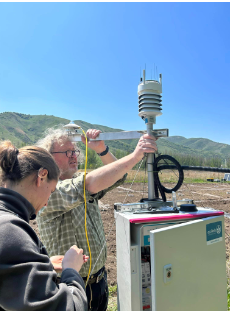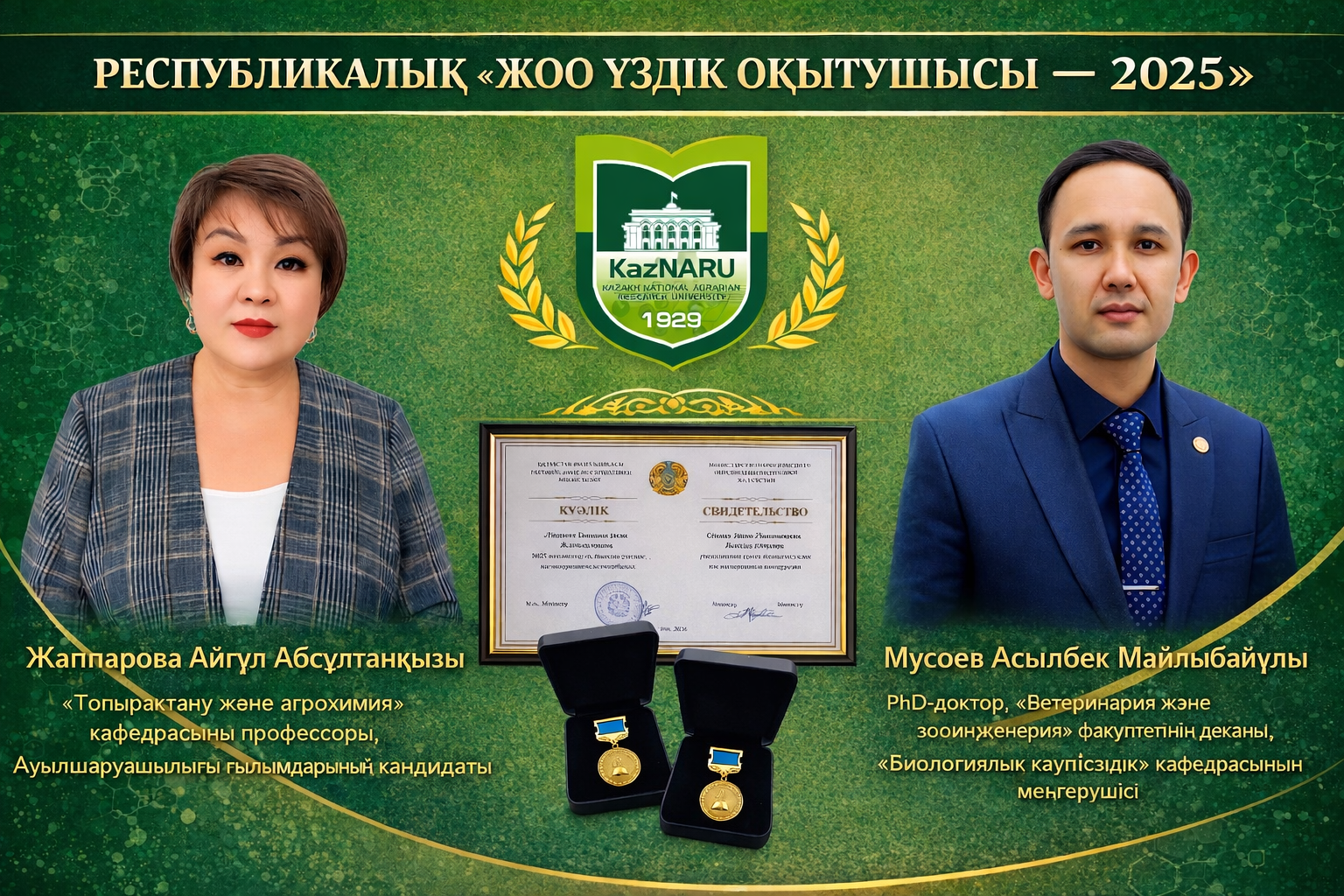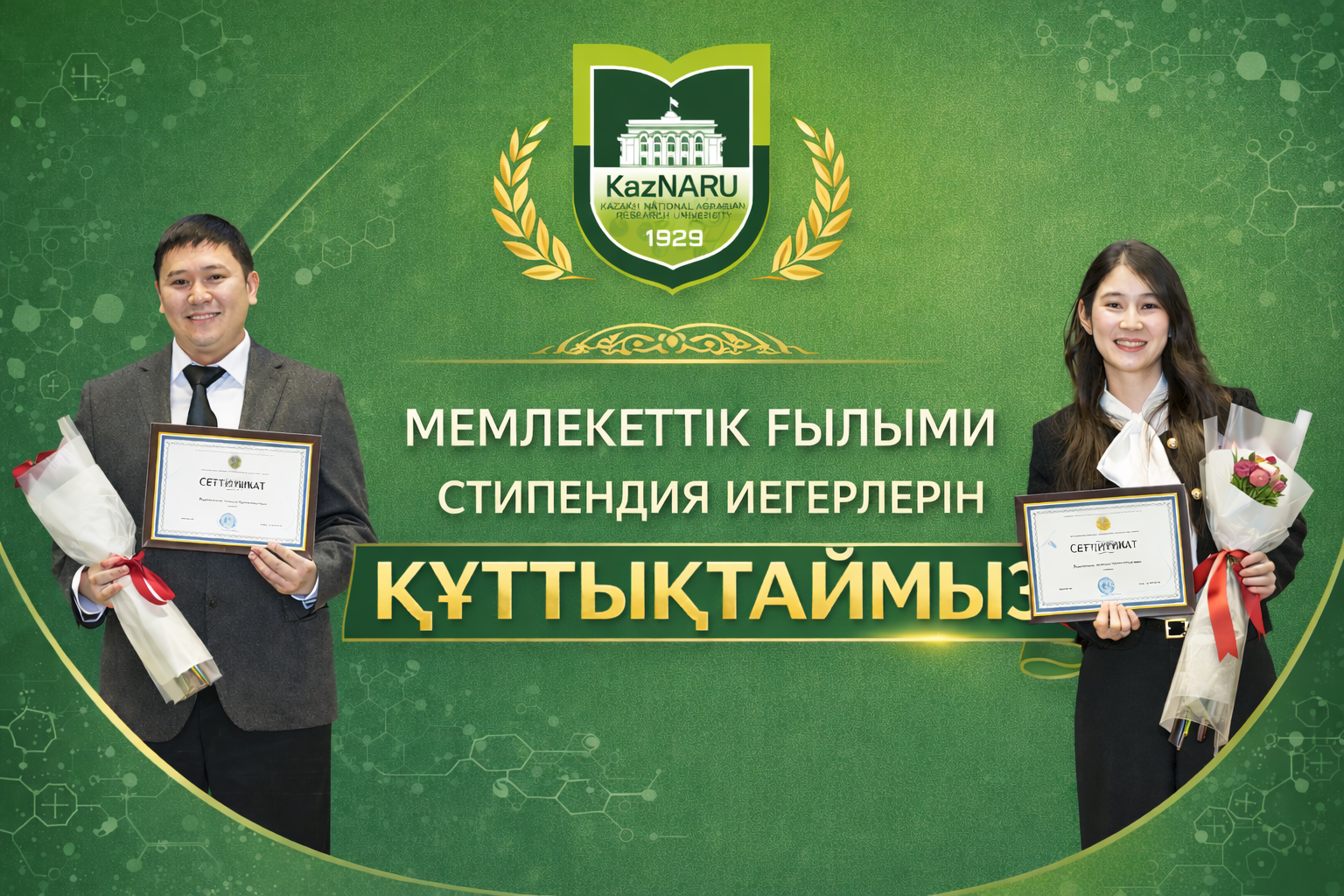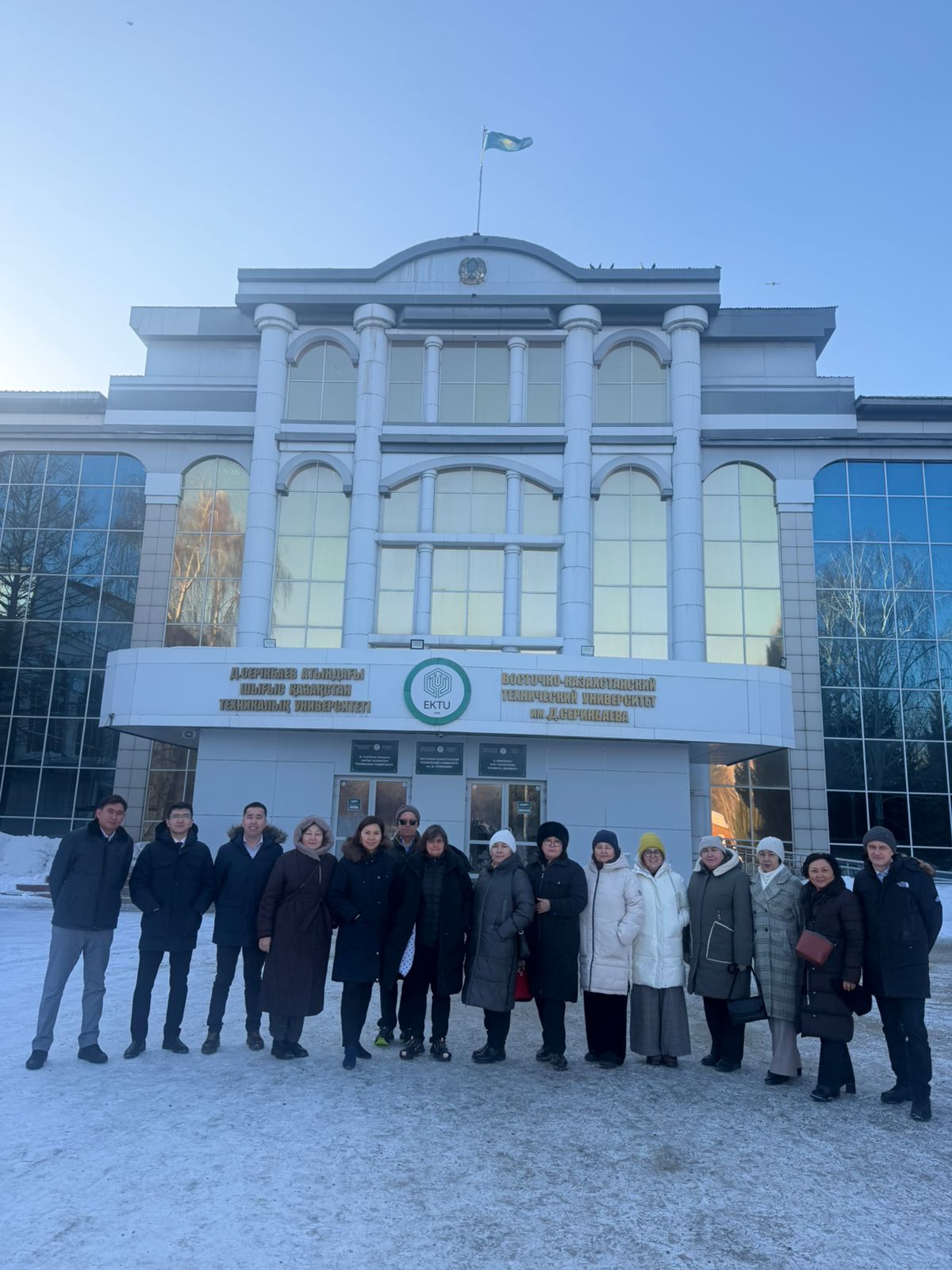Memorandum of cooperation with German scientists reaches a new level

Memorandum of cooperation with German scientists reaches a new level
Scientists from the Center for Sustainable Agriculture of the Kazakh National Agrarian Research University and Halle-Wittenberg University named after Martin Luther, on the basis of a memorandum of understanding, conducted a joint scientific field trip to the Talgar district of the Almaty region. This field trip is part of an international scientific collaboration aimed at studying the adaptability of the Kendyr plant (Apocynum venetum L.) for the production of technical fibers.
Kendyr, or Venetian Apocynus, is a perennial herb native to central Asia, China, North America, and Europe. This plant is known for its medicinal properties, as well as its use in the textile industry for the production of fibers that are used to make ropes, ropes, fabrics and other products.
In light of the growing interest in environmentally friendly materials and the growing demand for natural fibers, the use of Kendyr for the production of fibers represents a promising new area for the development of the textile industry. However, before this becomes possible, it is necessary to study the adaptability of the plant and determine the optimal conditions for its cultivation.
In this context, scientists from the Kazakh National Agrarian Research University and Halle-Wittenberg Martin Luther University joined forces to conduct scientific research on the adaptability of the Kendyr plant. As part of this joint study, a meteorological soil measuring system was installed in the Talgar region, which allows measuring environmental parameters such as temperature, humidity, illumination, wind speed and other factors.
With the help of these measuring instruments, the scientists of the center can provide a comprehensive solution for real-time weather and climate monitoring, providing data on temperature, air humidity, pressure, wind speed and direction, precipitation and solar radiation, as a result, they can provide weather forecasts based on the collected data.
Using the capabilities of the instruments, the center's scientists can monitor important soil parameters that affect plant growth and health by measuring the percentage of water in the soil, as well as provide information on soil temperature. This allows you to collect data on soil moisture and temperature at different levels, which can be useful for determining the optimal time for planting and harvesting, as well as for optimizing plant watering.
In general, the use of meteorological measurement systems and sensors for monitoring soil moisture and soil matrix potential can help optimize plant care and increase crop yields. These opportunities provide scientists and farmers with research and optimization of plant growth.
 |
 |
 |
 |
 |
 |
 |
 |
 |
 |




